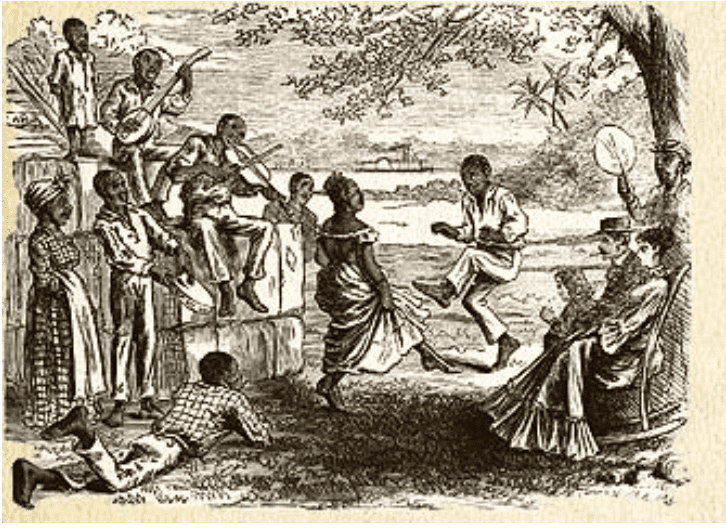Negro Spirituals - Hope in Captivity
Origin
Negro Spirituals can be identified as religious songs, composed and sung by Africans Americans bonded in slavery. The songs had many purposes as the lyrics described and expressed the slaves feelings about their lives, trials and tribulations. The spirituals were also sometimes used as a tool for the slaves to communicate in code with each other, or as a guide for attempts to escape. Slaves were only allowed to fellowship together for religious meetings or gatherings, thus the spirituals also helped them cope with their captivity.
Elements
Negro Spirituals were filled with double entendres. Double entendres are phrases or words that are open to two interpretations. Most spirituals had secret or code meanings. In addition, spirituals used the call and response method, where a singer or lead instrumentalist makes a melodic statement or call and is answered by the singing group. Spirituals can be identified as repetitive, slow and have low or basic melodies. They are soulful, passionate and often melancholy, due to the emotional strife that the slaves experienced.
Commodification & Social Implications
Negro Spirituals symbolized self-expression and the expression of religious freedom. Spirituals paved the way for new music as the songs eventually shifted from work songs to praise and gospel. Gospel is the modern form of negro spirituals and the lyrics of gospel songs mimic the idea of expressing sentiments about the the hope for a future in the midst of worldly struggles. Gospel songs also play a prominent role in religious gatherings and ceremonies.
Conclusion
Negro Spirituals are distinct because it is specific towards the religious experience in the United States of Africans and their descendants. They are a result of the intersection of music and religion in Africa and music and religion of European origin. The slaves brought African cultural traditions with them and many of their activities, from work to worship usually involved music and dance. However, the slaves were forced to perform their music in secret or seclusion as many European masters banned Africans form of worship involving dance as they viewed it as demonic or idolatrous. This did not stop the slaves from nourishing their cultural and because of their resistance and resilience we are able to witness the religious forms of gospel music that we have today.


